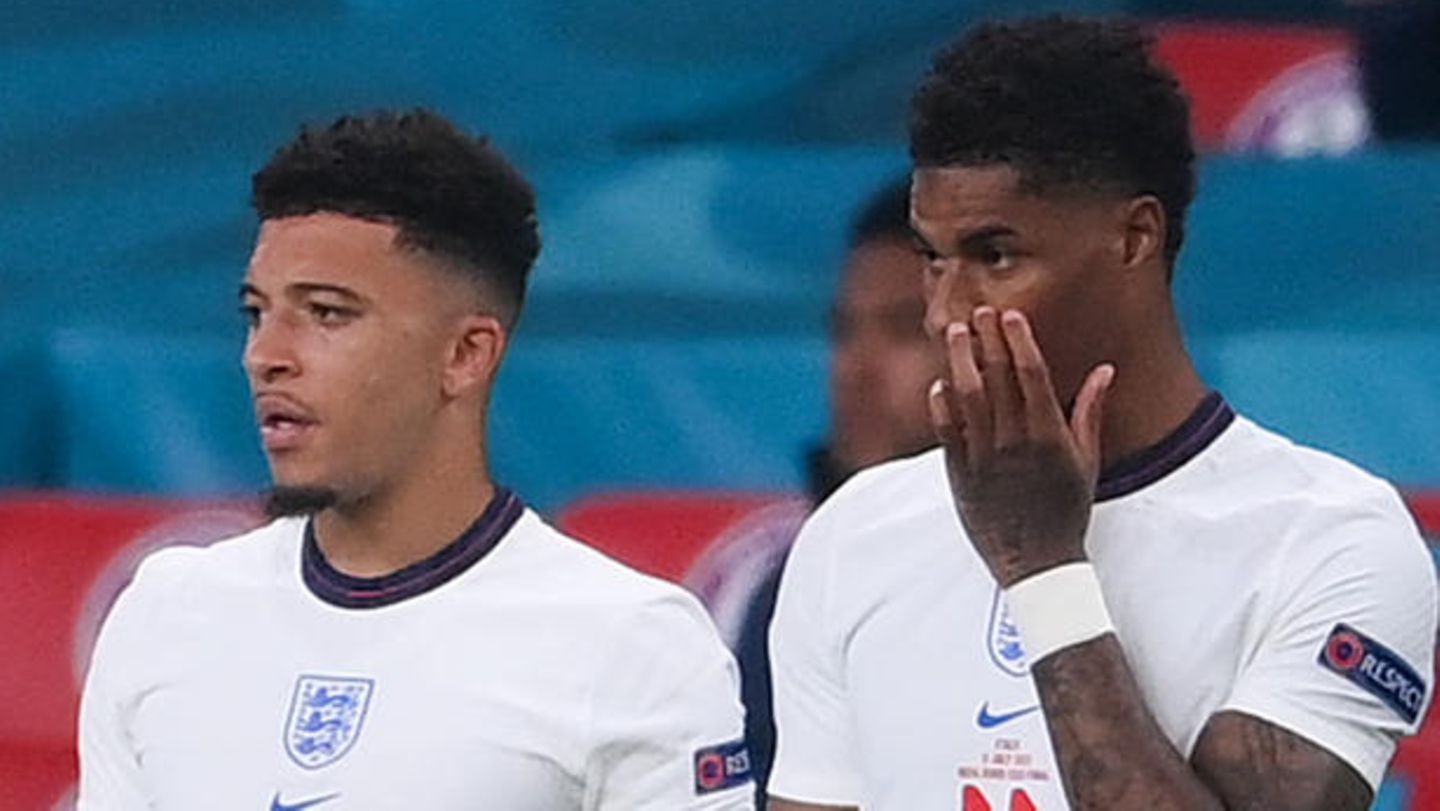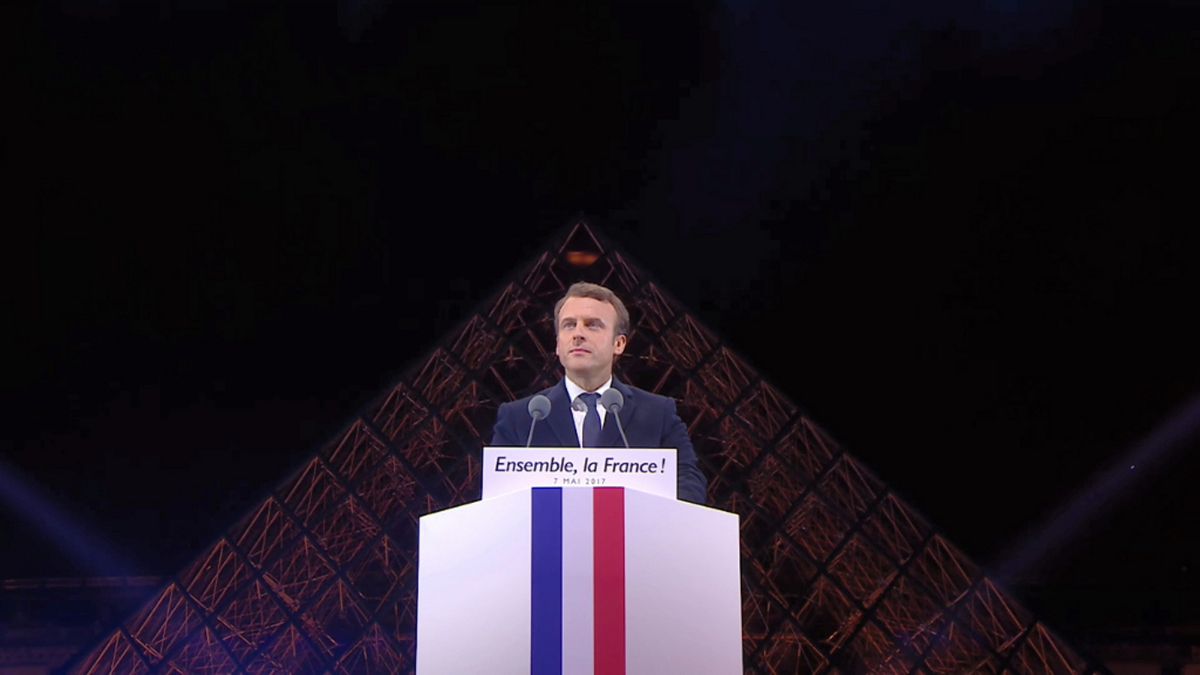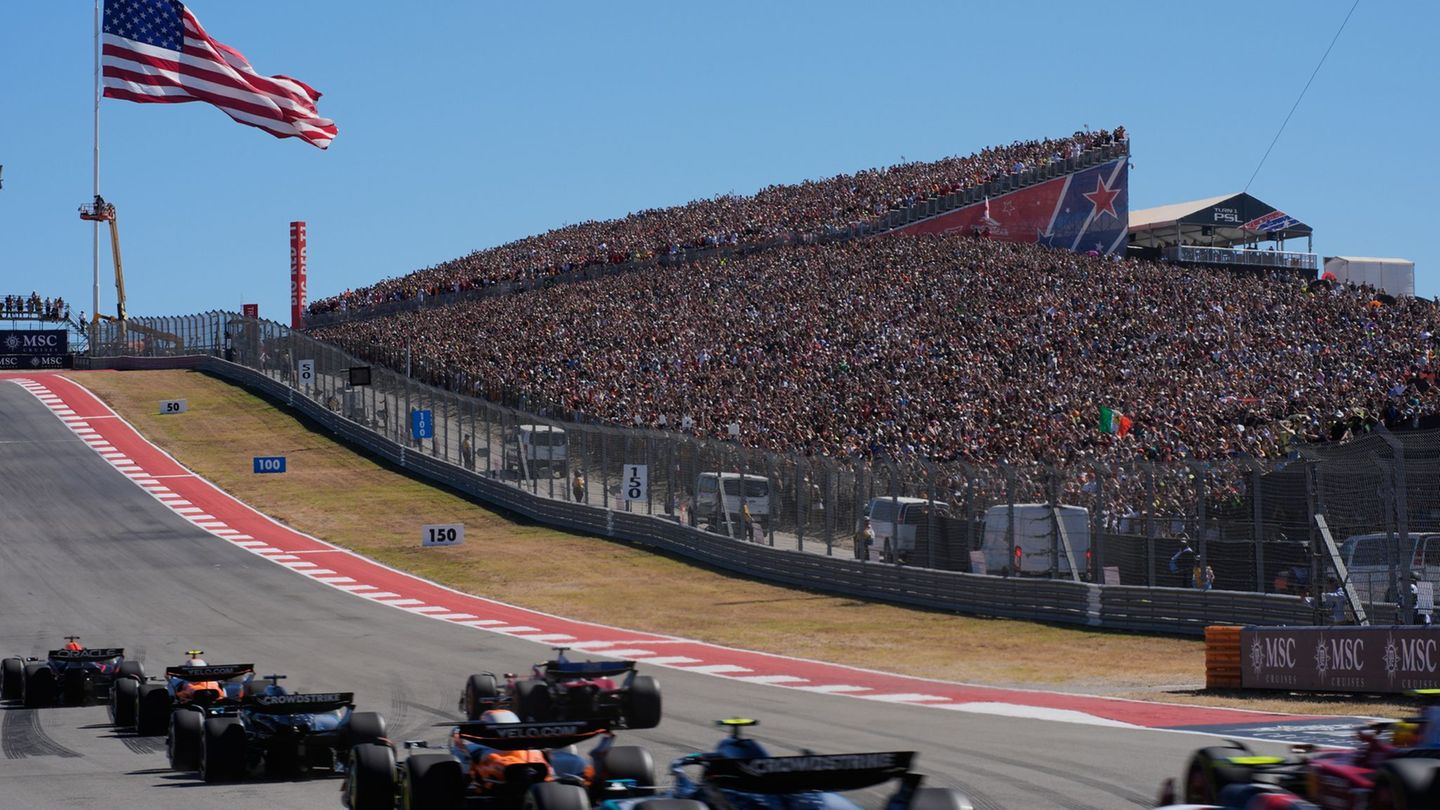opinion
It’s a terrible discrepancy: if things go well on the soccer field, everyone is a hero and is accepted. But woe, a game is lost, then agitation and racism quickly break out. Football must do more to counter this mendacity.
Do you remember? It has now been five years since AfD co-parliamentary group leader Alexander Gauland said an ominous sentence for which he later had to apologize: “People think he’s good as a football player. But they don’t want a Boateng as a neighbor.” With the Berlin-born and soccer world champion Jerome Boateng, who has a Ghanaian father, countless people showed solidarity, thank God and quite rightly. Unfortunately, one thing cannot be denied: The nasty mendacity that speaks out of these words is to celebrate the successful athlete, but to exclude the same athlete as a person – especially after a loss – and / or to incite him or her in a racist manner Professional football and firmly anchored in society.
The TV documentary “Black Eagles” recently documented this in an impressive way. And in England this is currently evidence of the terrible agitation that the young national players Marcus Rashford, Bukayo Saka and Jadon Sancho, who is also well known as a BVB player in this country, have to endure and suffer. Your offense: You each missed a penalty in the European Championship final on Sunday. They too were celebrated and cheered as long as they helped their clubs and the national team to victory. They too are now being covered with racist attacks, especially in so-called social media. How one can justify this lying and contradicting attitude to oneself remains the secret of these people.
Rashford, Mbappé and Co .: monkey noises, baiting, boos
Unfortunately, the most recent European Championship has provided a number of examples of racism and exclusion. Above all, the monkey sounds to which France striker Kylian Mbappé was exposed in Budapest should be mentioned. Or the march of the “Carpathian Brigade” in Munich, a queer-hostile, homophobic and racist hooligan organization, which Leon Goretzka countered with his “heartfelt jubilation” in the game against Hungary. And England fans cut a bad figure before and during the tournament when they booed their own players for kneeling down before kick-off as a sign against racism. The loud boos during the national anthem of other nations also show a lack of respect for others.
Certainly the majority of fans are not like that. But the aggressive minority is loud and thus repeatedly makes itself heard and effective. In the case of Rashford and Co., the English Football Association and team captain Harry Kane jumped to the side of their players and teammates. That is good, right and important. But it also shows that all appeals and even large-scale “Respect” and “#EqualGame” campaigns fade away over time. At some point they degenerate into a ritual.
Football organizations must take a clear stance
This also shows: Despite all the commendable efforts of associations, clubs and fan organizations, (professional) football has not yet succeeded in making itself unusable as a stage for racism and exclusion. One important reason is probably the ambiguous attitude of the large associations. Anyone who launches large campaigns for integration, but in a specific case investigates against a rainbow armband and rejects the lighting of a stadium in rainbow colors as a symbol of equality and humanity, as the Uefa did during the European Championship, does not take a clear position, but rather sends – intentionally or not – signs that it may be justified to make differences. How big, how blatant, how disgusting these “differences” can be, everyone interprets as they please.
Football has to close such back doors. He needs clear words like that of the “Three Lions” captain Harry Kane (“If you insult anyone on social media, you are not a fan of England and we do not want you”). And he has to follow these words consistently – especially when things get difficult or could damage economic success. Even then, racism will certainly break out. But it would be a further step to deprive him of the big football stage.
I have been working in the news industry for over 6 years, first as a reporter and now as an editor. I have covered politics extensively, and my work has appeared in major newspapers and online news outlets around the world. In addition to my writing, I also contribute regularly to 24 Hours World.




